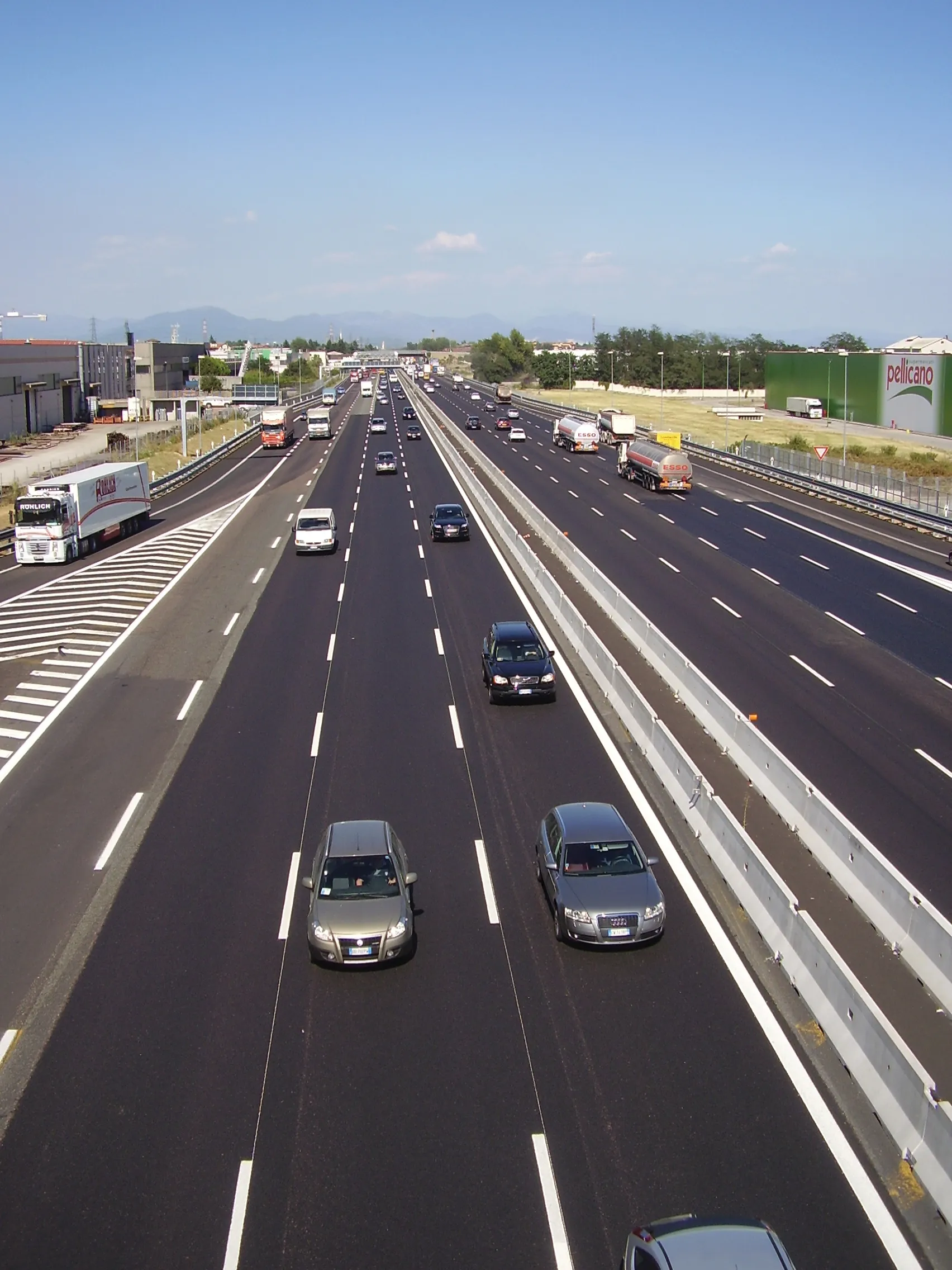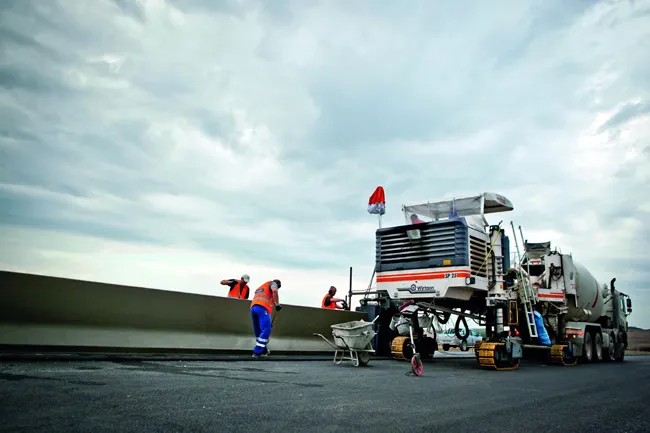Three major road organisations have issued a policy statement on fair charging for greener, smarter and safer road infrastructure.
March 2, 2012
Read time: 3 mins
Three major road organisations have issued a policy statement on fair
charging for greener, smarter and safer road infrastructure. 1103 ASECAP (the European association of tolled road infrastructures operators); the 2866 European Union Road Federation (ERF)
and 1203 International Road Transport Union (IRU), which through its national associations, represents the road
transport industry worldwide, presented the statement at a conference on
future developments of road user charging, hosted in the European
Parliament by MEP Gesine Meissner (ALDE Coordinator of the Committee on
Transport and Tourism).
The statement says that the concept of road charging (making users pay per kilometre) has been gaining momentum among Europe’s policymakers at national as well as European level.
“However, there is still a lack of consensus of what the true objectives of road charging should be, with opinions diverging significantly between advocates of a modal shift policy and those who view road charging an effective method of financing roads,” said the statement.
Overall, road transport-related industries employ over 14 million people in Europe and directly contribute 11% to the European gross national product (GNP).
“In addition, the sector already pays a heavy fiscal burden through the multitude of taxes levied upon it, making it a net contributor to the coffers of Member States.
“At the same time, investment levels in roads in most European countries have been decreasing in recent years, despite an increase in the share of users and enterprises choosing to circulate by road. The current economic crisis is expected to put further strain on the budgets of Member States, leading to a situation where governments can no longer afford expanding, let alone maintaining, the existing road infrastructure.
“Against this backdrop, it is essential to devise a fair and reliable mechanism which can secure the funds needed to develop and maintain roads, and which does not entail any additional tax burden for the sector. Road charging offers a potential solution to the idea of sustainable road financing provided that the objectives of the road charge are clearly defined.”
However, the three organisations say that in their view road charging should be based on a number of fundamental pillars.
Road user charging should be seen as a means of a fair tolling scheme based on the pay-as-you-drive concept; the introduction of road user charging must be accompanied by the abolition of numerous current taxes (fuel tax, vehicle tax) in order to ensure that users don’t pay twice, and the revenue generated from road charging must be channelled back in the road sector in the form of additional investment and research funds aimed at developing cleaner vehicle and infrastructure technologies.
They add: “To date, the earmarking of collected revenues (for example, concession tolling) has proven to be a successful method of developing greener, safer and smarter road infrastructure (a high quality road network, from the design to the construction, operation and maintenance phases).
The statement says that the concept of road charging (making users pay per kilometre) has been gaining momentum among Europe’s policymakers at national as well as European level.
“However, there is still a lack of consensus of what the true objectives of road charging should be, with opinions diverging significantly between advocates of a modal shift policy and those who view road charging an effective method of financing roads,” said the statement.
Overall, road transport-related industries employ over 14 million people in Europe and directly contribute 11% to the European gross national product (GNP).
“In addition, the sector already pays a heavy fiscal burden through the multitude of taxes levied upon it, making it a net contributor to the coffers of Member States.
“At the same time, investment levels in roads in most European countries have been decreasing in recent years, despite an increase in the share of users and enterprises choosing to circulate by road. The current economic crisis is expected to put further strain on the budgets of Member States, leading to a situation where governments can no longer afford expanding, let alone maintaining, the existing road infrastructure.
“Against this backdrop, it is essential to devise a fair and reliable mechanism which can secure the funds needed to develop and maintain roads, and which does not entail any additional tax burden for the sector. Road charging offers a potential solution to the idea of sustainable road financing provided that the objectives of the road charge are clearly defined.”
However, the three organisations say that in their view road charging should be based on a number of fundamental pillars.
Road user charging should be seen as a means of a fair tolling scheme based on the pay-as-you-drive concept; the introduction of road user charging must be accompanied by the abolition of numerous current taxes (fuel tax, vehicle tax) in order to ensure that users don’t pay twice, and the revenue generated from road charging must be channelled back in the road sector in the form of additional investment and research funds aimed at developing cleaner vehicle and infrastructure technologies.
They add: “To date, the earmarking of collected revenues (for example, concession tolling) has proven to be a successful method of developing greener, safer and smarter road infrastructure (a high quality road network, from the design to the construction, operation and maintenance phases).









